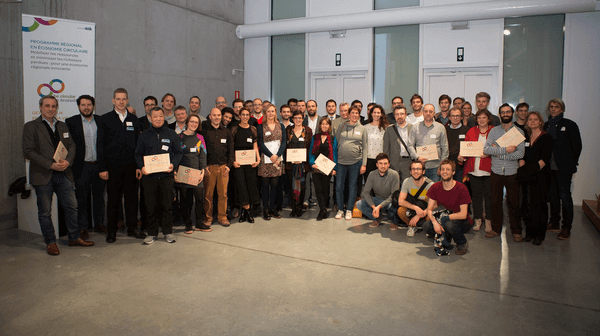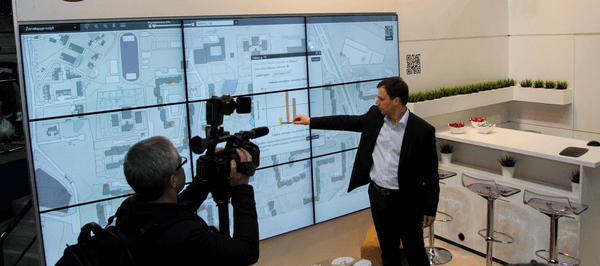City
Newcastle upon Tyne
Main actors
Local Government, City Government, National Government, Private Sector, Public Utility
Project area
Neighborhood or district
Duration
Ongoing since 2013
Through building a partnership between the public and private sectors, the city of Newcastle has improved the energy efficiency of its housing stock, decreased fuel poverty and created jobs and training opportunities for vulnerable young people.
In the city of Newcastle, 19% of all households are living in fuel poverty due to energy inefficient buildings that have negative impact on both public health and the environment.
The Warm up North (WUN) programme was created to make the most of two national funding programmes the Green Deal and ECO which focus on improving energy efficiency in buildings. WUN is delivered through a public-private partnership agreement with the delivery partner British Gas. The programme includes diverse energy efficiency measures such as the installation of new boilers and solar panels.
WUN links the interventions to local employment opportunities for young people. The contract agreed that the delivery partner (British Gas) would create a scheme that enables people from disadvantaged backgrounds access to the jobs that arise as the result of the programme. Newcastle also contractually ensured that the supply chain of their energy efficiency programme, set up via public private partnership, remain local.
Since the beginning of the programme, the city of Newcastle has registered a reduction of 6,142 tonnes of CO2 emissions per annum.
Originally published by EUROCITIES, the network of 130 European cities - PDF: http://nws.eurocities.eu/MediaShell/media/353-green-web_final.pdf
External links / documents
On Map
The Map will be displayed after accepting cookie policy





